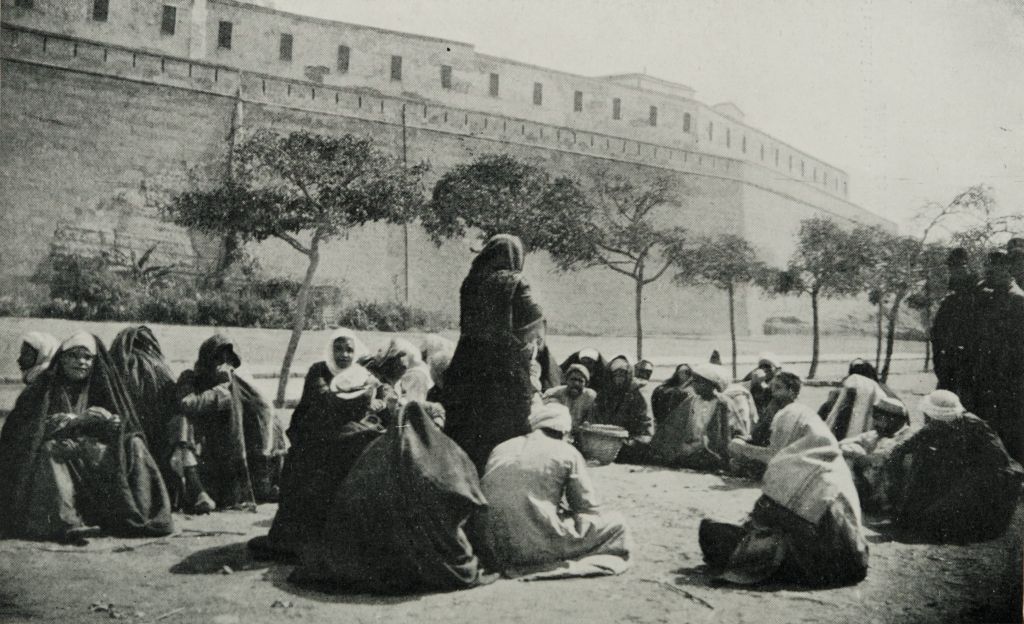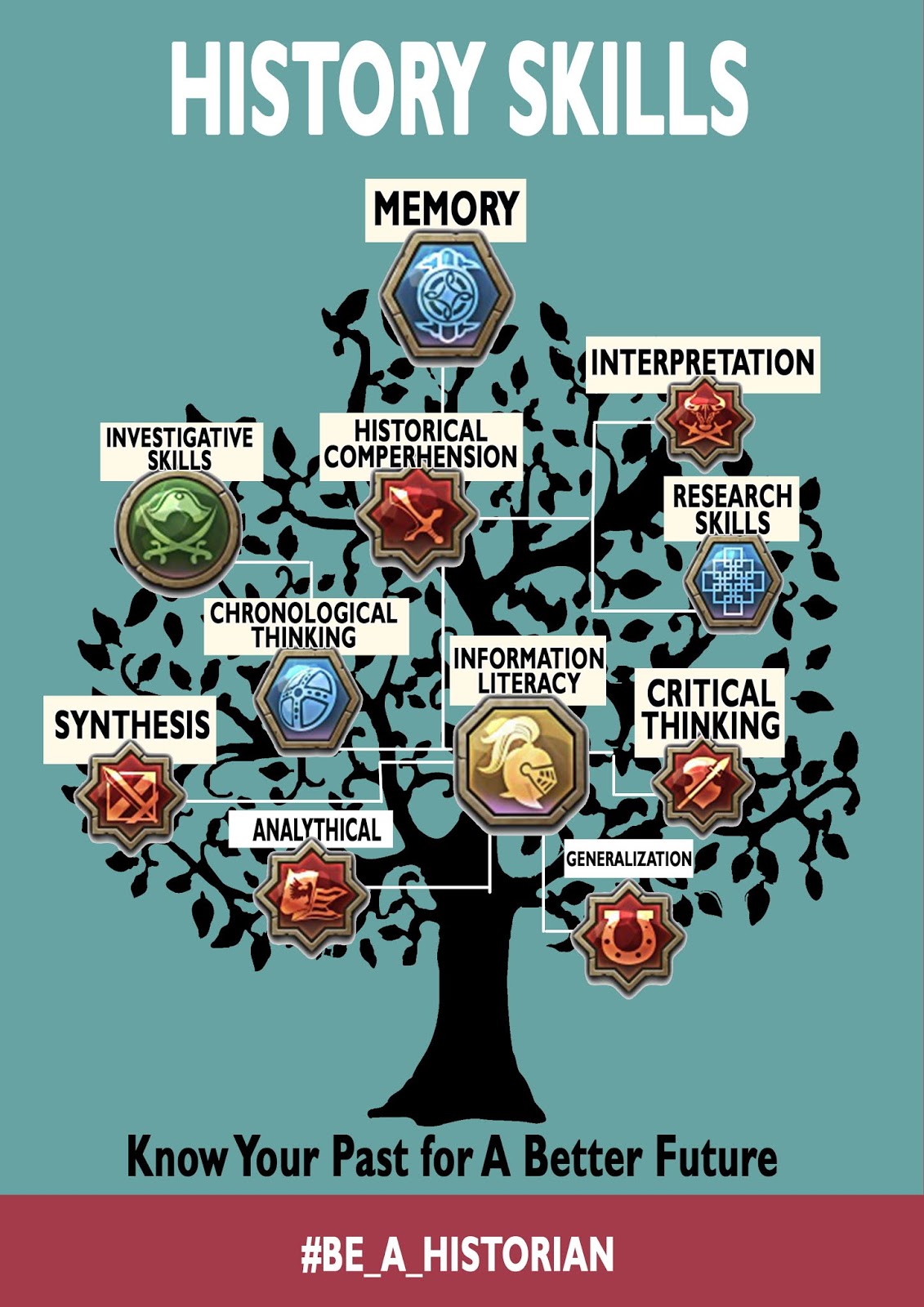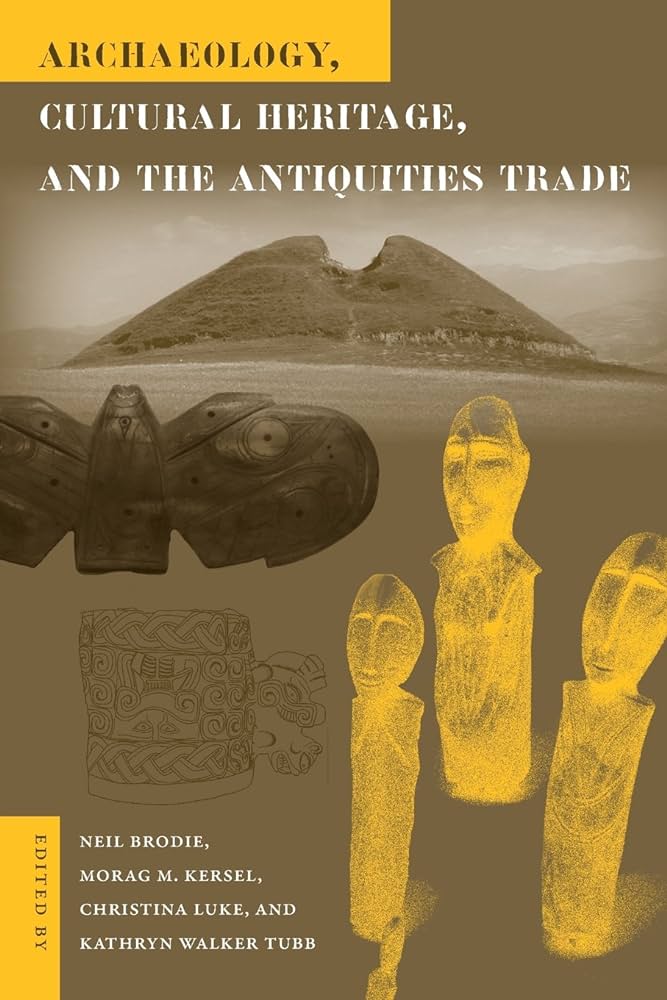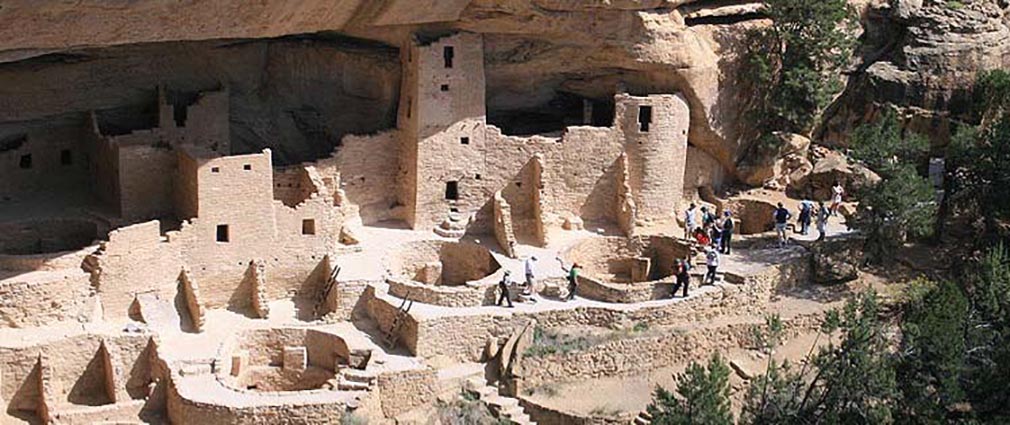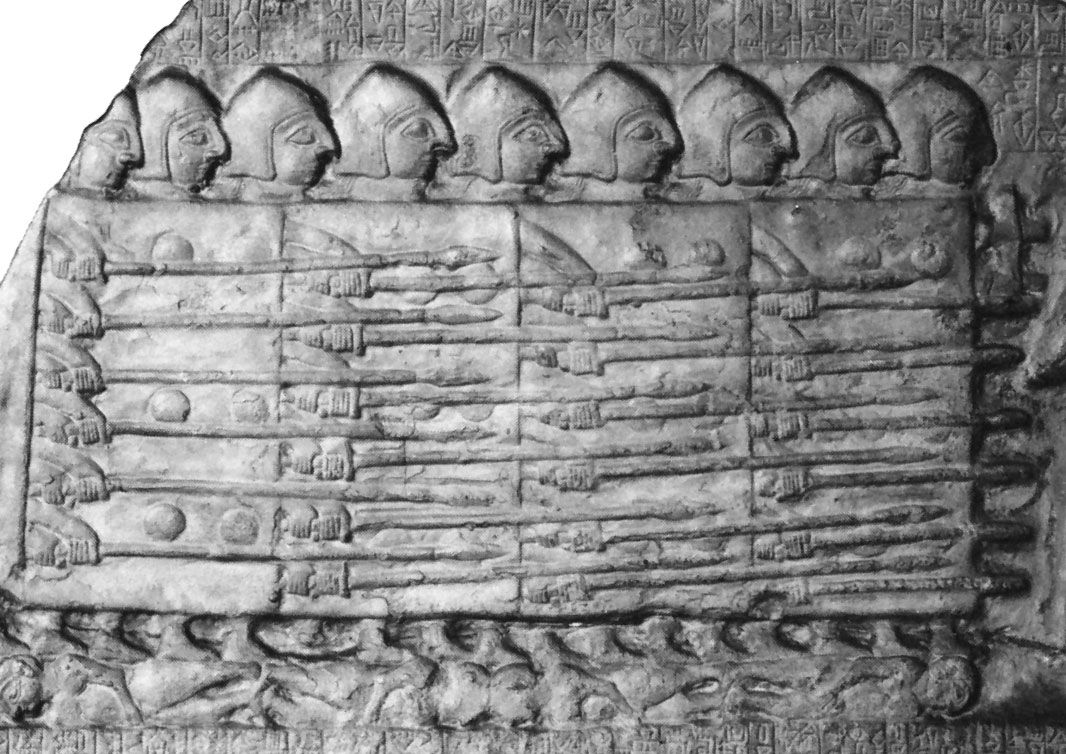Uncovering the Power of Oral History – Exploring the Untold Stories of the Past
In the age of rapid digitization and technological advancements, oral history remains a valuable and often untapped resource for uncovering the hidden narratives of the past. Passed down through generations, oral history preserves the lived experiences, emotions, and perspectives of individuals that may not be captured in written records alone. As historians and researchers increasingly recognize the significance of oral history, it emerges as a powerful tool for understanding historical events, cultures, and communities.
In this blog post, we will delve into the immense value of oral history and explore how it contributes to a more holistic understanding of the past. Join us as we uncover the untold stories and shed light on the power of oral history.
1. Preserving Intangible Heritage
Oral history provides a unique opportunity to capture personal accounts, anecdotes, and memories from individuals who have lived through significant historical events. By conducting interviews and recording these narratives, we preserve intangible heritage that might otherwise be lost. Whether it is firsthand accounts of war, societal changes, or cultural practices, oral history unveils aspects of history that traditional written documents might overlook.
2. Diverse Perspectives and Marginalized Voices
Historically, marginalized communities have often been excluded or underrepresented in written records. Oral history serves as a platform to amplify their voices and shed light on their experiences. By capturing diverse perspectives, oral history challenges dominant narratives and addresses historical gaps. The inclusion of these narratives enriches our understanding of the past, fostering a more inclusive and comprehensive historical record.
3. Deepening Cultural Understanding
Oral history provides an invaluable source for exploring cultural traditions, customs, and rituals. By interviewing individuals from different cultural backgrounds, historians can gain insights into the nuances of diverse societies. These firsthand accounts offer a window into the motivations, struggles, and aspirations of communities, fostering a deeper appreciation for cultural diversity and shared humanity.
4. Correcting Misconceptions
Written records are not immune to biases, inaccuracies, or distortions. Oral history can help to rectify such misconceptions by offering alternative perspectives and firsthand evidence. By cross-referencing oral accounts with written records, historians can challenge existing narratives and provide a more accurate portrayal of historical events. This process of triangulation and scrutiny contributes to a more critical understanding of the past.
5. Personal Connection and Emotional Impact
Oral history has the power to create a personal connection between the past and the present. Listening to personal stories and witnessing the emotions conveyed through oral accounts allows us to empathize with historical figures and events. By making history relatable, oral history sparks curiosity and engages a wider audience in exploring the past.
In conclusion, oral history is a powerful tool for uncovering the untold stories of the past. By preserving intangible heritage, amplifying marginalized voices, deepening cultural understanding, correcting misconceptions, and fostering personal connections, oral history enriches our knowledge of history. Researchers, historians, and the general public have much to gain from exploring the wealth of narratives waiting to be discovered through oral history. Let us embrace the power of oral history and ensure that the voices of the past continue to be heard and valued.







